Applications are now open for M-level 20 credit CPD unit: Public Involvement in Research. Application deadline 3rd May. This course is delivered online for 5 consecutive Tuesdays starting on Tuesday 31st May. The unit is open to external applicants; PGRs (as part of the Doctoral programme) and BU staff.
This Master’s level unit is co-designed and delivered by the PIER (Public Involvement in Education and Research) Partnership and Dr Mel Hughes. As a participant you will explore and evaluate a range of models and approaches to public involvement in research from shaping your research idea and through each stage of the research cycle. You will identify a strategy for public involvement (what, why and how) that will best fit your research study allowing you to gain an appreciation of how collaborating with people with lived experience (public, patients, carers, service users and potential users) can enhance your research. Specific emphasis will be placed on strategies for engaging and collaborating with marginalised groups so as not to reinforce social and health inequalities and inequities. Sessions will be interactive and involve drawing on the expertise of people with lived experience, including members of the PIER partnership.
For further information and to apply, click here
Alternatively, PGRs can email FHSS-studentsupport@bournemouth.ac.uk copying in Mel Hughes, unit lead mhughes@bournemouth.ac.uk asking to be added to the unit.
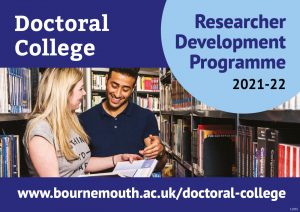
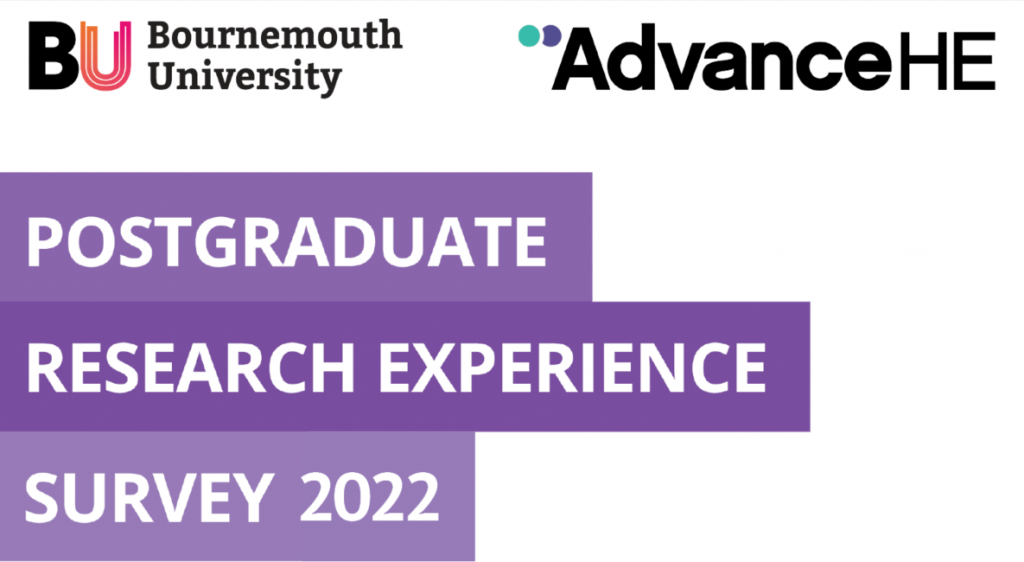
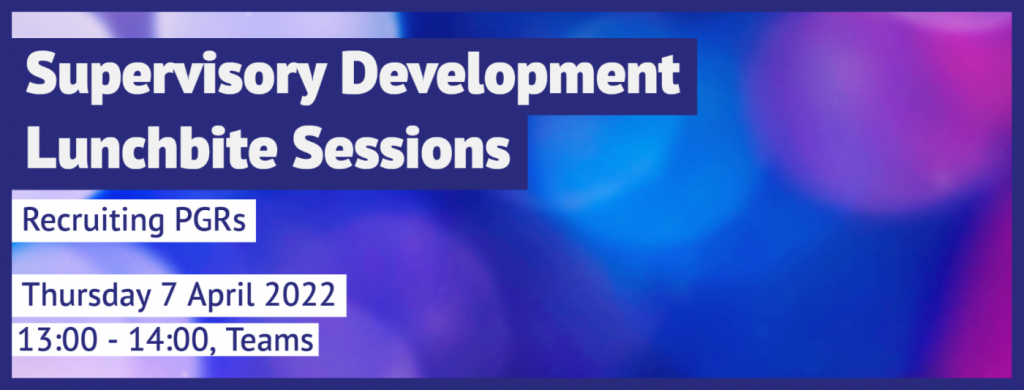


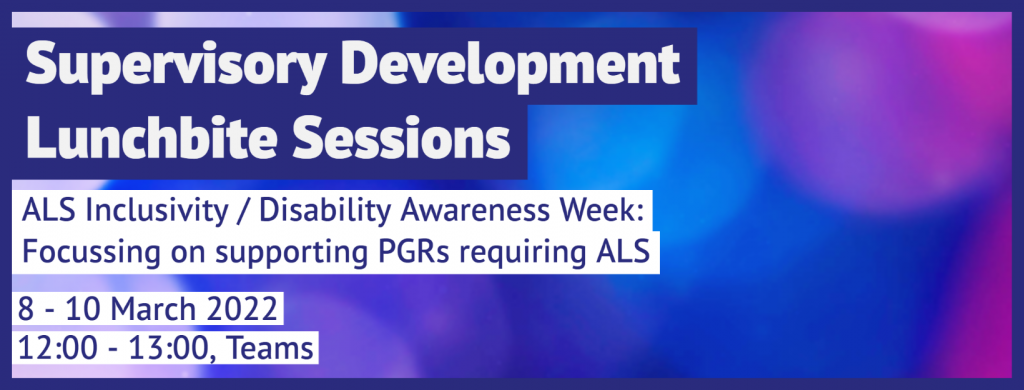
 FHSS postgraduate research student, Shel Silva, will be featured on
FHSS postgraduate research student, Shel Silva, will be featured on 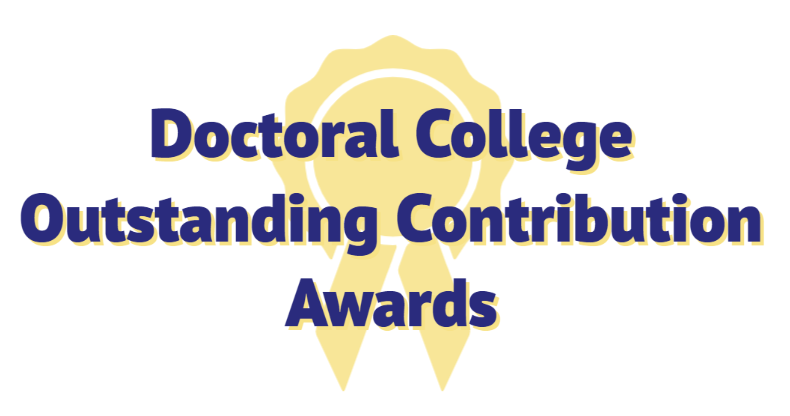

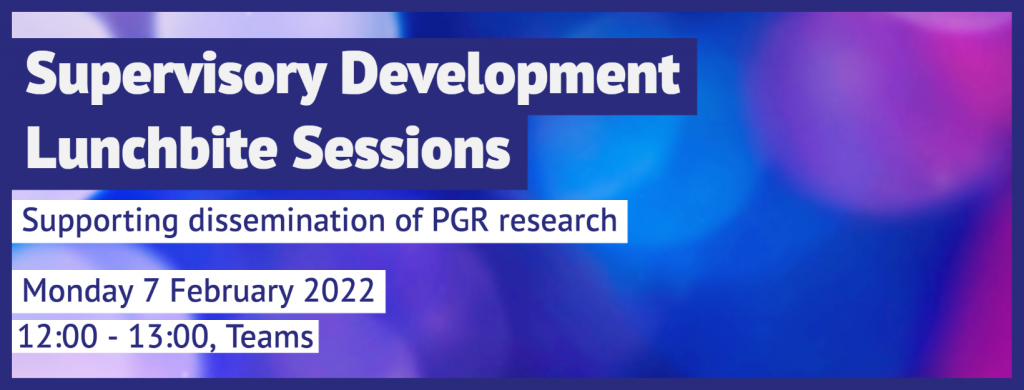











 Upcoming opportunities for PGRs – collaborate externally
Upcoming opportunities for PGRs – collaborate externally BU involved in new MRF dissemination grant
BU involved in new MRF dissemination grant New COVID-19 publication
New COVID-19 publication MSCA Postdoctoral Fellowships 2024
MSCA Postdoctoral Fellowships 2024 Horizon Europe News – December 2023
Horizon Europe News – December 2023